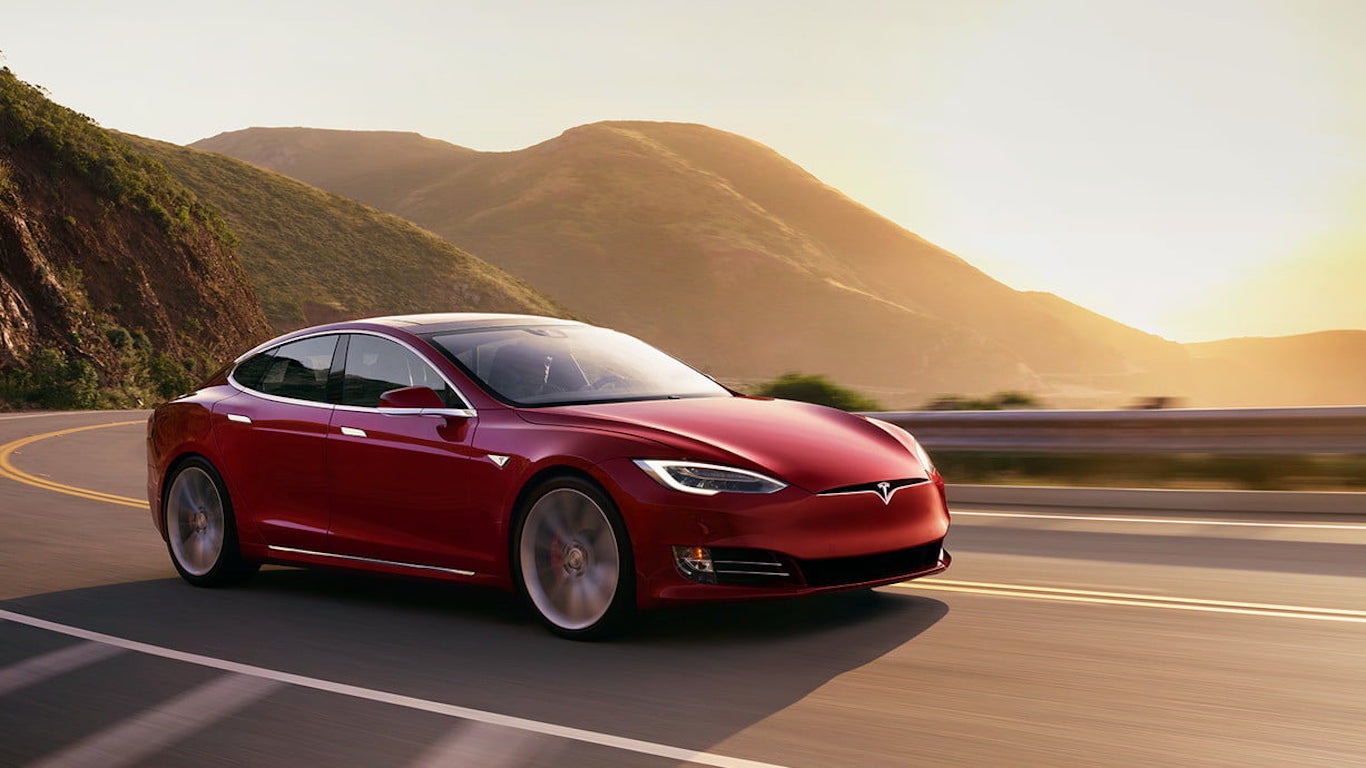Cars and Drivers
Close to Half of Americans Believe Electric Vehicles Need Gasoline in Order to Run

Published:
Last Updated:

H.L. Mencken is credited with observing that no one ever went broke underestimating the intelligence of the American public. He didn’t use those very words, but the gist of what he did write is well summed up in the paraphrase.
Mencken would not have been surprised to hear that 42% of Americans believe that electric vehicles (EVs) need gasoline in order to run. He certainly would not have been speechless.
In a recent post at Medium, Ted Cannis, global director of electrification at Ford, reports on a survey the company did related to EVs. The results demonstrate the gap between what EVs can do and what many Americans, Europeans and Chinese believe they can’t do.
Automakers like Ford now face a problem that many ground-breaking technology companies have faced for years: how to sell a new and different technology to a market that has been conditioned to accept an older but less capable one. These new cars are not about sheet metal changes, and that’s what buyers have been conditioned to accept from carmakers for decades. To overcome that conditioning requires companies to explain patiently and demonstrate to customers what’s different about EVs and why they are a good choice for everyone. That takes time, and the automakers haven’t yet begun to put in the effort that this survey shows will be needed.
In addition to the mistaken belief than an EV still needs gasoline in order to run, more than 90% of consumers don’t believe that EVs are capable of quick acceleration. In reality, when the driver stomps on the accelerator pedal, an EV delivers virtually 100% of its power instantly. High-performance EVs like the Tesla Model S P100D and new Porsche Taycan Turbo S can accelerate from 0 to 60 mph in less than three seconds.
Nearly 80% of Americans said they wouldn’t drive an EV in locations with extreme weather conditions, and nearly 65% said they wouldn’t choose an all-wheel-drive EV. It is true that batteries supply less power in colder temperatures, reducing their range somewhat. The same effect is present in gas-powered vehicles. However, most drivers are so used to the miles-per-gallon numbers drop in cold temperatures that they don’t even notice it. Similarly, in extremely hot conditions, air-conditioning takes a toll on mileage numbers.
About two-thirds of Americans and Europeans don’t believe that EVs are capable of towing or hauling heavy loads. Ford recently released a video showing a prototype all-electric F-150 pulling more than a million pounds. That should clear up the question of towing, but it probably won’t.
How Ford and other carmakers, all of which are investing billions of dollars in EVs, can convince drivers that their perceptions of these vehicles need a little updating is likely to take more than a few video clips. Because no automaker except Tesla can accommodate high demand for EVs, manufacturers are probably reluctant to try new marketing ideas like test-drive days at dealerships when everyone who shows up can get behind the wheel. Even the dimmest bulb should then begin to understand why EVs will be replacing fossil-fuel-powered cars at ever increasing rates over the next decade.
Automakers would do well to remember Mencken and, perhaps, revise his observation: No one ever got rich by overestimating the intelligence of the American public.
The average American spends $17,274 on debit cards a year, and it’s a HUGE mistake. First, debit cards don’t have the same fraud protections as credit cards. Once your money is gone, it’s gone. But more importantly you can actually get something back from this spending every time you swipe.
Issuers are handing out wild bonuses right now. With some you can earn up to 5% back on every purchase. That’s like getting a 5% discount on everything you buy!
Our top pick is kind of hard to imagine. Not only does it pay up to 5% back, it also includes a $200 cash back reward in the first six months, a 0% intro APR, and…. $0 annual fee. It’s quite literally free money for any one that uses a card regularly. Click here to learn more!
Flywheel Publishing has partnered with CardRatings to provide coverage of credit card products. Flywheel Publishing and CardRatings may receive a commission from card issuers.
Thank you for reading! Have some feedback for us?
Contact the 24/7 Wall St. editorial team.